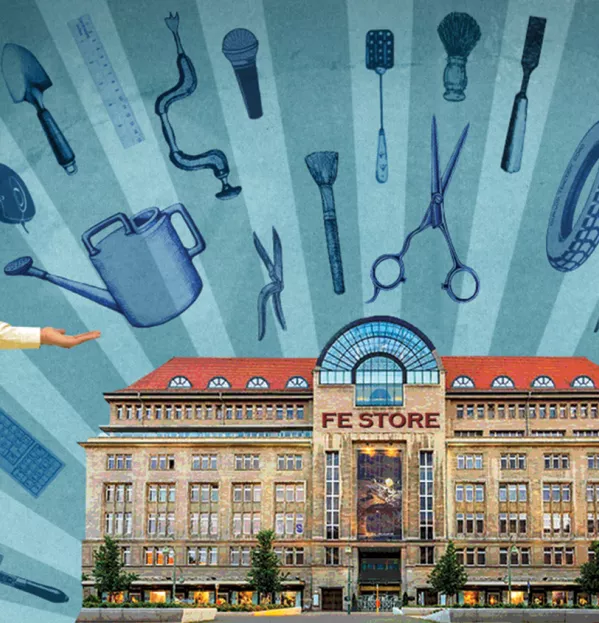As another general election campaign kicks off, it’s great that the importance of FE is finally being recognised by all the major political parties. In the age of Brexit, the penny seems to have dropped that FE colleges - embedded in communities up and down the country - are essential to any national strategy.
But there is still work to be done. In particular, we need to dispel the lingering historical image of FE taking place in grey, concrete buildings where young people bash metal and stare sullenly at three-pin plugs.
An FE college is to my mind the most exciting, interesting and stimulating educational environment to be in. Exciting because it is filled with the raw energy of young people - and in most colleges a good proportion of adults, too - who are not just sitting there absorbing the teaching, but actively engaging with a dazzling variety of practical skills.
Interesting because the sheer variety of the FE curriculum means that colleges have many distinctive local ecosystems. An FE college is like a large department store in which the ambience of the men’s clothing floor is quite different from soft furnishings or children’s toys. In an FE college, you experience the same diversity of look and feel, as you move from the fragrance of the hair and beauty department to the grittiness of construction skills or the gleaming Star Trekkiness of the computer-games lab.
Shout about it
Stimulating because it really makes you think about which teaching and learning strategies are appropriate for the huge diversity of human endeavour. The didactic style of classroom teaching - a pedagogic stereotype that seems to have been elevated to the status of standard model - is inappropriate for much of the applied, practical learning required to develop real-life skills. FE makes you think about diversity - not only of students’ backgrounds, but of human aptitude, ability and interest, and the diversity of learning.
The problem is that large swathes of the British education system have lost touch with practical learning. Practical subjects have been squeezed into the margins of school timetables. Teachers are trained through an academic route. And, for that matter, so are most of the civil servants, academics and thinktankers who influence educational policy. So, in my experience, most of them have only a vague and often outdated idea of what an FE college is like.
A general election campaign is a great opportunity to do something about this. Let’s shout loudly about the unique British FE college - community-based with a broad curriculum reflecting the local labour market, as well as offering specialist skills.
Perhaps we should take a leaf out of the National Trust’s book and have a day each year when we throw open the doors of colleges for the public to come in and have a look.
Roll up, roll up! Take an FE magical mystery tour.
Andy Forbes is principal and CEO of the College of Haringey, Enfield and North East London
